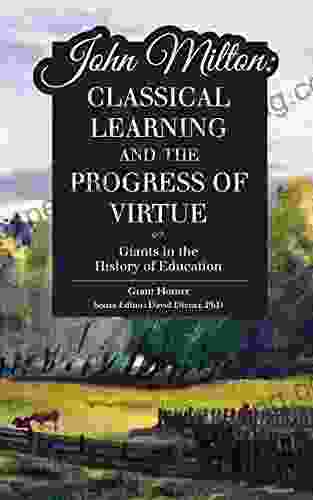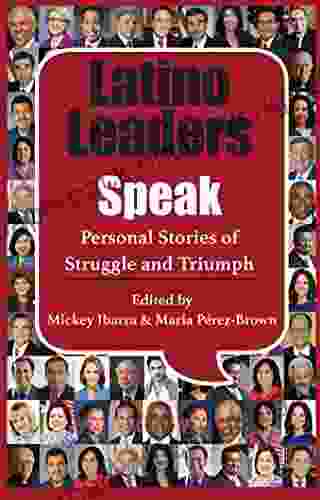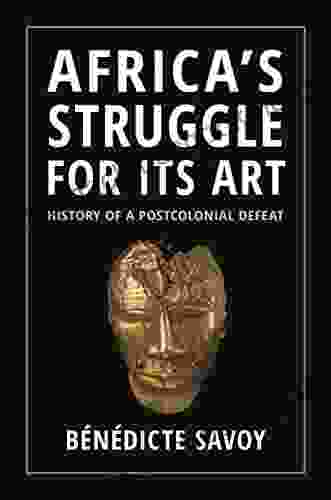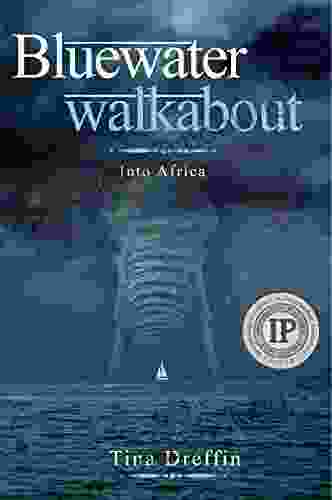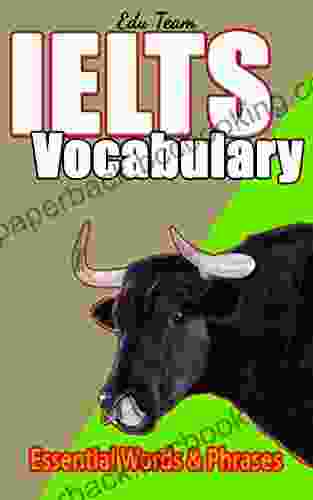Classical Learning and the Progress of Virtue: Giants in the History of Education


4.6 out of 5
| Language | : | English |
| File size | : | 3418 KB |
| Text-to-Speech | : | Enabled |
| Enhanced typesetting | : | Enabled |
| Word Wise | : | Enabled |
| Print length | : | 93 pages |
| Lending | : | Enabled |
| Screen Reader | : | Supported |
Classical education has a rich and storied history, stretching back to the ancient Greeks and Romans. It is a tradition that has shaped the minds of some of the greatest thinkers, leaders, and artists in Western civilization.
In this book, we will explore the history of classical education and its impact on the progress of virtue. We will meet some of the giants of classical education, such as Socrates, Plato, Aristotle, Augustine, Thomas Aquinas, and Dorothy Sayers.
These giants of education shared a common belief in the importance of classical learning for the development of virtue. They believed that the study of the great works of literature, history, and philosophy could help students to develop the intellectual, moral, and spiritual qualities necessary for a virtuous life.
This book will provide you with a deeper understanding of classical education and its transformative power. You will learn about the history of classical education, its methods, and its goals. You will also meet some of the giants of classical education and learn from their wisdom.
If you are interested in learning more about classical education, then this book is for you. It is a valuable resource for anyone who wants to understand the history, methods, and goals of classical education.
The History of Classical Education
Classical education has its roots in the ancient Greek and Roman cultures. The Greeks believed that the study of the great works of literature, history, and philosophy could help students to develop the intellectual and moral qualities necessary for a virtuous life.
The Romans adopted the Greek model of education and adapted it to their own needs. Roman education focused on the development of practical skills, such as rhetoric, grammar, and law.
Classical education continued to be the dominant form of education in Europe throughout the Middle Ages and the Renaissance. During this time, the study of the classics was seen as essential for a well-rounded education.
In the 19th century, classical education began to decline in popularity. This was due in part to the rise of new educational methods, such as the progressive education movement.
However, classical education has never completely disappeared. There are still many schools and colleges that offer a classical education. These schools believe that classical learning is essential for the development of virtue and intellectual excellence.
The Methods of Classical Education
Classical education is based on the idea that students should learn by reading and discussing the great works of literature, history, and philosophy.
The classical curriculum is divided into three stages:
- The grammar stage (grades 1-4): In this stage, students focus on learning the basics of reading, writing, and arithmetic. They also begin to study the classics, such as Aesop's fables and the Iliad.
- The logic stage (grades 5-8): In this stage, students learn to think critically and to express their ideas clearly. They also continue to study the classics, including works by Plato, Aristotle, and Cicero.
- The rhetoric stage (grades 9-12): In this stage, students learn to write and speak effectively. They also continue to study the classics, including works by Shakespeare, Milton, and Burke.
Classical education is a rigorous and challenging curriculum. However, it is also a rewarding experience. Students who receive a classical education develop a deep understanding of the great works of literature, history, and philosophy. They also learn to think critically, to express their ideas clearly, and to live virtuous lives.
The Goals of Classical Education
The goals of classical education are to:
- Develop intellectual excellence
- Foster moral development
- Cultivate spiritual growth
Classical education seeks to develop intellectual excellence by teaching students to think critically, to solve problems, and to express their ideas clearly.
Classical education also seeks to foster moral development by teaching students about the virtues and by providing them with opportunities to practice virtue.
Finally, classical education seeks to cultivate spiritual growth by teaching students about the nature of God and the human soul.
Classical education is a holistic approach to education that seeks to develop the whole person. It is an education that is based on the belief that all human beings are created with dignity and that they have the potential to achieve great things.
The Giants of Classical Education
Throughout history, there have been many giants of classical education. These men and women have dedicated their lives to teaching the classics and to promoting the ideals of classical education.
Some of the most famous giants of classical education include:
- Socrates (469-399 BC): Socrates was an Athenian philosopher who is considered one of the founders of Western philosophy. He believed that the unexamined life is not worth living and that the pursuit of wisdom is the highest good.
- Plato (427-347 BC): Plato was a student of Socrates and one of the most influential philosophers in history. He founded the Academy in Athens, which was a center of learning for centuries.
- Aristotle (384-322 BC): Aristotle was a student of Plato and one of the greatest philosophers in history. He wrote on a wide range of topics, including logic, physics, metaphysics, ethics, and politics.
- Augustine of Hippo (354-430 AD): Augustine was a Christian theologian and philosopher who is considered one of the most important figures in the history of Christianity. He wrote extensively on theology, philosophy, and education.
- Thomas Aquinas (1225-1274): Thomas Aquinas was a Dominican friar and philosopher who is considered one of the greatest philosophers in the history of Christianity. He wrote extensively on theology, philosophy, and education.
- Dorothy Sayers (1893-1957): Dorothy Sayers was an English writer, theologian, and educator. She is best known for her mystery novels featuring Lord Peter Wimsey, but she also wrote extensively on theology, education, and the role of women in society.
These are just a few of the many giants of classical education. These men and women have made a significant contribution to the history of education and to the development of Western civilization.
Classical education is a powerful force for good. It has the power to transform lives and to make the world a better place.
I encourage you to learn more about classical education and to consider giving your child a classical education. It is an investment that will pay off for a lifetime.
4.6 out of 5
| Language | : | English |
| File size | : | 3418 KB |
| Text-to-Speech | : | Enabled |
| Enhanced typesetting | : | Enabled |
| Word Wise | : | Enabled |
| Print length | : | 93 pages |
| Lending | : | Enabled |
| Screen Reader | : | Supported |
Do you want to contribute by writing guest posts on this blog?
Please contact us and send us a resume of previous articles that you have written.
 Book
Book Novel
Novel Page
Page Chapter
Chapter Text
Text Story
Story Genre
Genre Reader
Reader Library
Library Paperback
Paperback E-book
E-book Magazine
Magazine Newspaper
Newspaper Paragraph
Paragraph Sentence
Sentence Bookmark
Bookmark Shelf
Shelf Glossary
Glossary Bibliography
Bibliography Foreword
Foreword Preface
Preface Synopsis
Synopsis Annotation
Annotation Footnote
Footnote Manuscript
Manuscript Scroll
Scroll Codex
Codex Tome
Tome Bestseller
Bestseller Classics
Classics Library card
Library card Narrative
Narrative Biography
Biography Autobiography
Autobiography Memoir
Memoir Reference
Reference Encyclopedia
Encyclopedia Maxwell King
Maxwell King Lori Anna Harrison
Lori Anna Harrison Tamonya Sands
Tamonya Sands Sylvie Weil
Sylvie Weil Vera Koo
Vera Koo Without Warrant
Without Warrant Lowey Bundy Sichol
Lowey Bundy Sichol Sally Poncet
Sally Poncet Pukumuku
Pukumuku Tom Chatfield
Tom Chatfield Tom Nicoll
Tom Nicoll Kretel Arzola
Kretel Arzola Ruth Fidler
Ruth Fidler Mo Gawdat
Mo Gawdat Todd Havens
Todd Havens Tom Humphrey
Tom Humphrey Walter Rodney
Walter Rodney Yaba Badoe
Yaba Badoe Steve Gold
Steve Gold Samra Habib
Samra Habib
Light bulbAdvertise smarter! Our strategic ad space ensures maximum exposure. Reserve your spot today!
 Howard PowellFollow ·18.6k
Howard PowellFollow ·18.6k Dave SimmonsFollow ·17.8k
Dave SimmonsFollow ·17.8k Dean CoxFollow ·6.2k
Dean CoxFollow ·6.2k Kelly BlairFollow ·19.7k
Kelly BlairFollow ·19.7k Efrain PowellFollow ·5.5k
Efrain PowellFollow ·5.5k Nick TurnerFollow ·13.8k
Nick TurnerFollow ·13.8k Griffin MitchellFollow ·8k
Griffin MitchellFollow ·8k Carl WalkerFollow ·13.3k
Carl WalkerFollow ·13.3k

 E.M. Forster
E.M. ForsterBluewater Walkabout: Into the Pacific
An Unforgettable...

 Joseph Foster
Joseph FosterUnlock the Secrets of Standardized Test Success with Test...
Are you tired of struggling with standardized...
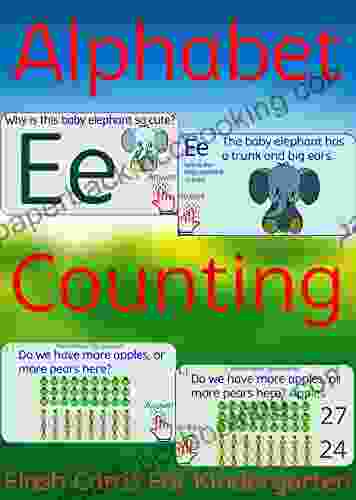
 Joe Simmons
Joe SimmonsUnlock Learning with Flash Cards for Kindergarten:...
Ignite a Passion for...
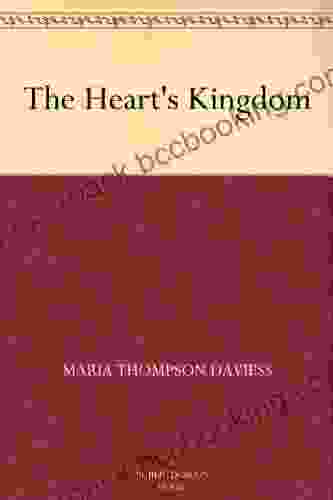
 Raymond Parker
Raymond ParkerJourney into the Enchanting World of "The Heart Kingdom"...
A Timeless Tale of Love,...
4.6 out of 5
| Language | : | English |
| File size | : | 3418 KB |
| Text-to-Speech | : | Enabled |
| Enhanced typesetting | : | Enabled |
| Word Wise | : | Enabled |
| Print length | : | 93 pages |
| Lending | : | Enabled |
| Screen Reader | : | Supported |


